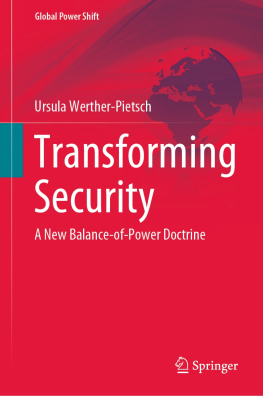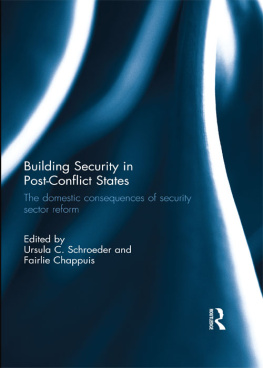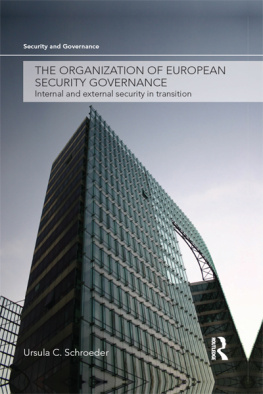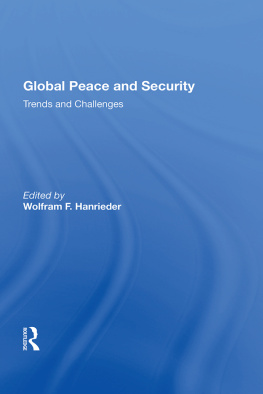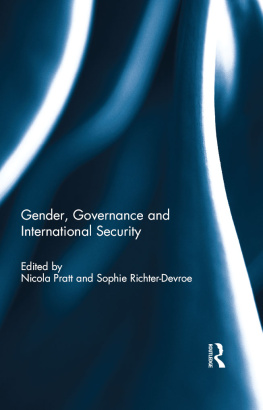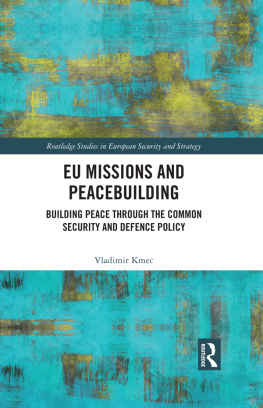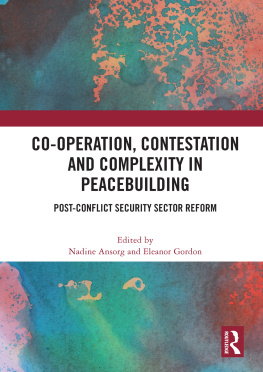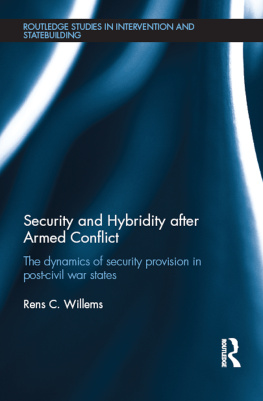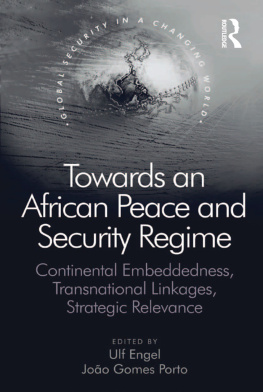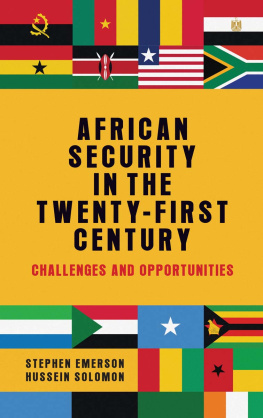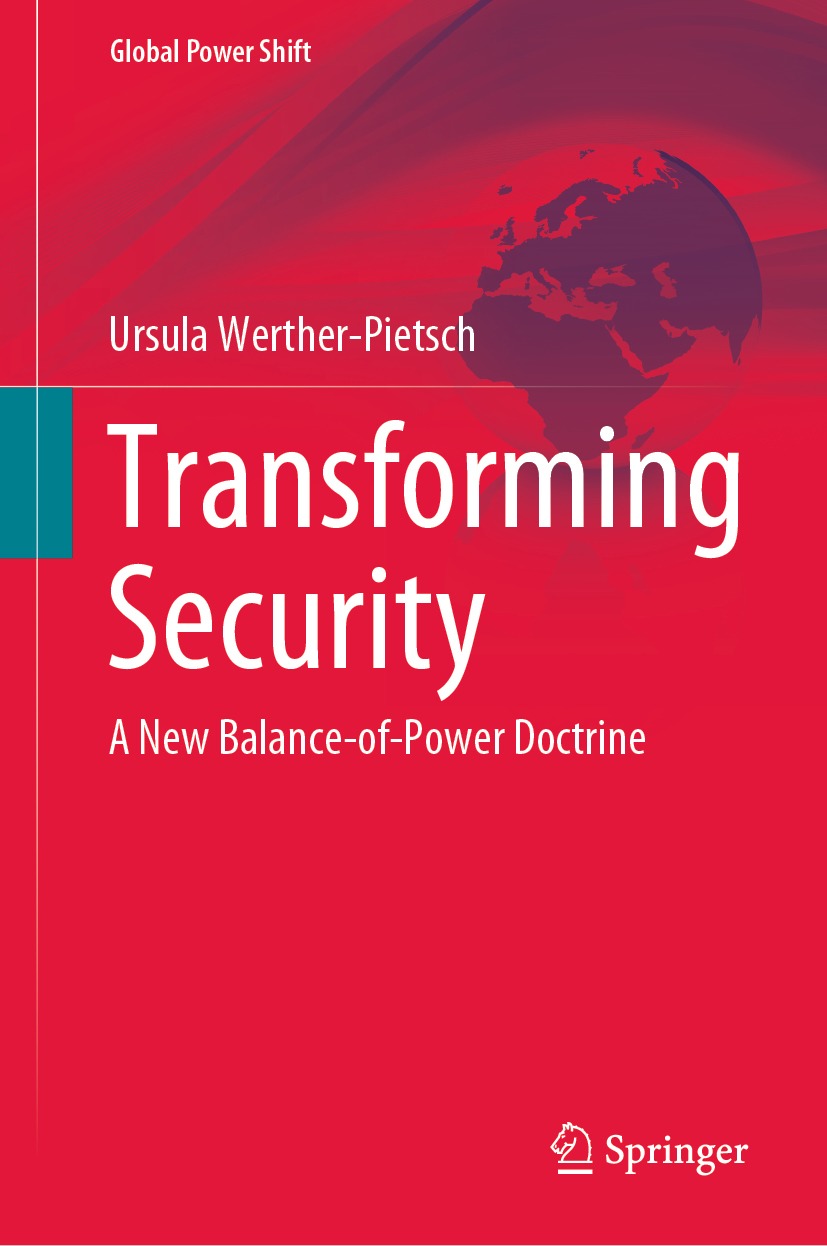Global Power Shift
Series Editor
Xuewu Gu
Center for Global Studies, University of Bonn, Bonn, Germany
Advisory Editors
G. John Ikenberry
Princeton University, Princeton, NJ, USA
Canrong Jin
Renmin University of Beijing, Beijing, China
Srikanth Kondapalli
Jawaharlal Nehru University, New Delhi, India
Beate Neuss
Chemnitz University of Technology, Chemnitz, Germany
Carla Norrlof
University of Toronto, Toronto, Canada
Dingli Shen
Fudan University, Shanghai, China
Kazuhiko Togo
Kyoto Sanyo University, Tokyo, Japan
Roberto Zoboli
Catholic University of Milan, Milano, Italy
Managing Editor
Hendrik W. Ohnesorge
Center for Global Studies, University of Bonn, Bonn, Germany
Ample empirical evidence points to recent power shifts in multiple areas of international relations taking place between industrialized countries and emerging powers, as well as between states and non-state actors. However, there is a dearth of theoretical interpretation and synthesis of these findings, and a growing need for coherent approaches to understand and measure the transformation. The central issues to be addressed include theoretical questions and empirical puzzles: How can studies of global power shift and the rise of emerging powers benefit from existing theories, and which alternative aspects and theoretical approaches might be suitable? How can the meanings, perceptions, dynamics, and consequences of global power shift be determined and assessed? This edited series will include highly innovative research on these topics. It aims to bring together scholars from all major world regions as well as different disciplines, including political science, economics and human geography. The overall aim is to discuss and possibly blend their different approaches and provide new frameworks for understanding global affairs and the governance of global power shifts.
All titles in this series are peer-reviewed.
More information about this series at http://www.springer.com/series/10201
Ursula Werther-Pietsch
Transforming Security
A New Balance-of-Power Doctrine
1st ed. 2022

Logo of the publisher
Ursula Werther-Pietsch
University of Graz, Graz, Austria
ISSN 2198-7343 e-ISSN 2198-7351
Global Power Shift
ISBN 978-3-030-87096-6 e-ISBN 978-3-030-87097-3
https://doi.org/10.1007/978-3-030-87097-3
The Editor(s) (if applicable) and The Author(s), under exclusive license to Springer Nature Switzerland AG 2022
This work is subject to copyright. All rights are solely and exclusively licensed by the Publisher, whether the whole or part of the material is concerned, specifically the rights of translation, reprinting, reuse of illustrations, recitation, broadcasting, reproduction on microfilms or in any other physical way, and transmission or information storage and retrieval, electronic adaptation, computer software, or by similar or dissimilar methodology now known or hereafter developed.
The use of general descriptive names, registered names, trademarks, service marks, etc. in this publication does not imply, even in the absence of a specific statement, that such names are exempt from the relevant protective laws and regulations and therefore free for general use.
The publisher, the authors and the editors are safe to assume that the advice and information in this book are believed to be true and accurate at the date of publication. Neither the publisher nor the authors or the editors give a warranty, expressed or implied, with respect to the material contained herein or for any errors or omissions that may have been made. The publisher remains neutral with regard to jurisdictional claims in published maps and institutional affiliations.
This Springer imprint is published by the registered company Springer Nature Switzerland AG
The registered company address is: Gewerbestrasse 11, 6330 Cham, Switzerland
Preface
Power, autonomy, state responsibility, and human beings; international law and relations are made up of those ingredients. They essentially build part of the Global Peace Mechanism and, in their complex interfaces, are to be taken into account in International Crisis and Conflict Management under new geostrategic constellations.
Roland Paris, the advisor to the Canadian Prime Minister, speaks of a deeply felt foundering of the Pax Americana, which, both internally and externally, was only fuelled by four years of republican volatility. The Australian World Affairs Council simultaneously warned of an upcoming Cold War II as tensions between the two antagonists in world leadership, the United States of America and the Peoples Republic of China, evolve in the South Chinese and Indian Sea. Syria and the Middle East remain hot spots of the protracted crisis of our days. Data sovereignty is at risk through geo-technological clusters and the continued expansion of the non-state. To this adds that de-globalisation happened in wide areas as a result of the COVID-19 pandemic. The argument for clash of civilisations (Huntington, 1999) has been re-evolved, but it came and lasts in very different facets of injustice and discrimination than forecast.
The resilience of states and societies is deeply undermined whereas multilateralism unfolds strategically poor results. Therefore, accelerated by COVID-19, the paradigm of equidistance and human-centrism is in the making. Possibly, this process will end up in a global trilateralism, demonstrating increased levels of strategic autonomy of the regions.
And indeed, in times of hard realpolitik and growing autocracy, as UN Secretary-General Antonio Guterres puts it, We need a new world order (Nelson Mandela Commemoration Lecture 2020, New York, 18 July 2020), an order shaped by Multilateral System Thinking. We do have to think about anticipatory democratic global governance able to face frontier risks.
The aim is to define and form building blocks in order to set up a new model.
Acknowledgements
I would like to thank Allen Tawanda Mandevhana for proofreading, Burhan Ilhan for his courageous technological evacuation on 6 June, Jaime Bayer from the Austrian Ministry for European and International Affairs for forgiving me for delaying our coffee on the day of submission, Vijay Kumar Selvaraj and Sindhu Sindar for perfectly navigating the manuscript on its way to publication, Johannes Glaeser for his excellent editorial support and the kind acceptance of my thoughts by Prof. Xuewu Gu, Director of the Center for Global Studies Bonn, to be brought to the public.
Ursula Werther-Pietsch Lecturer of International Law and International Relations
Vienna, Austria/Munich, Germany/Luzern, Switzerland
March 2022
We see the beginning of a new movement.
Antonio Guterres
United Nations Secretary-General, September 2020
Abbreviations
3C
Coordination, Complementarity, Coherence
A4P
Action for Peacekeeping
AI
Artificial Intelligence
ASEAN
Association of Southeast Asian Nations
AU
African Union
BAKS
Federal Academy for Security
BICC
Bonn International Center for Conversion

